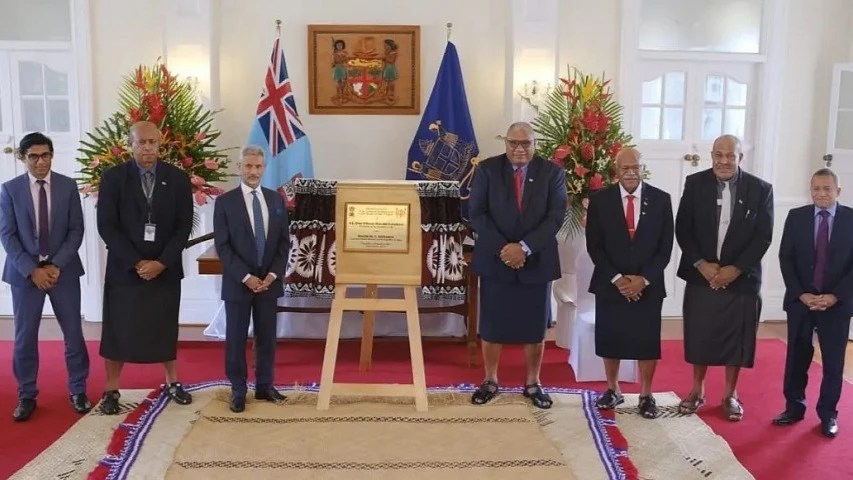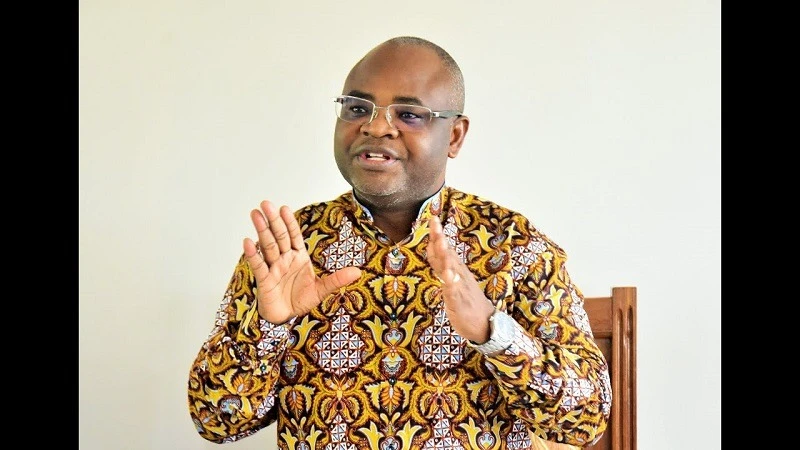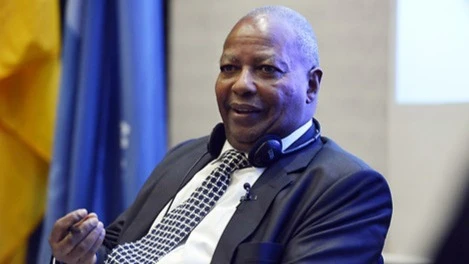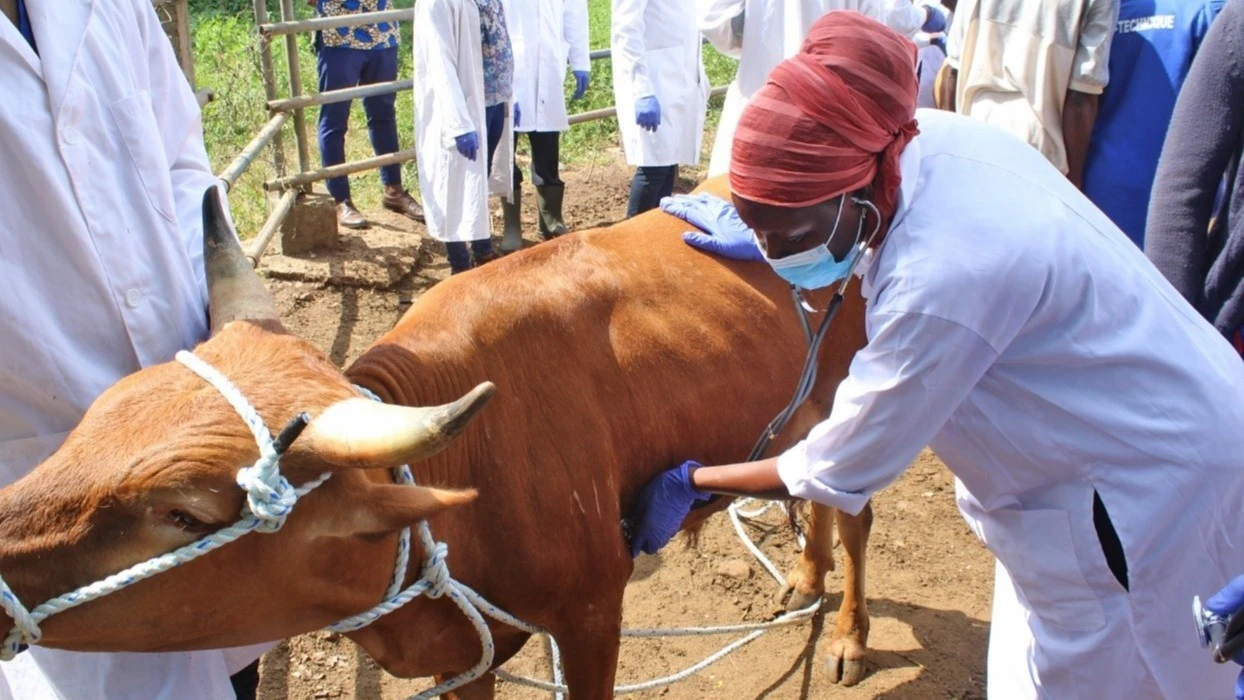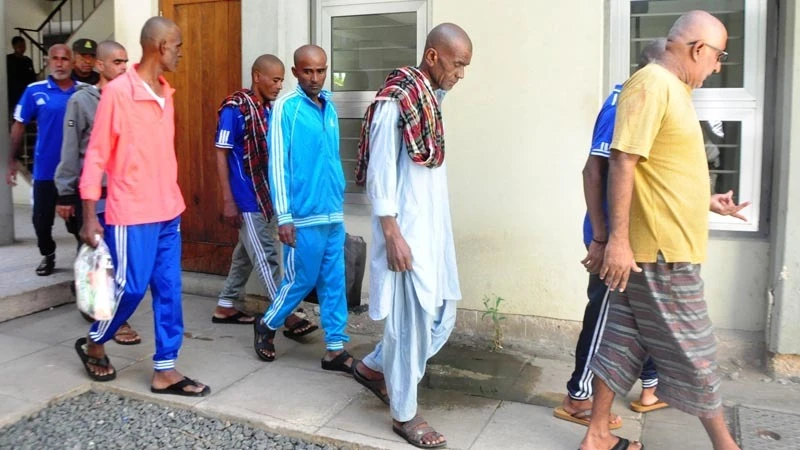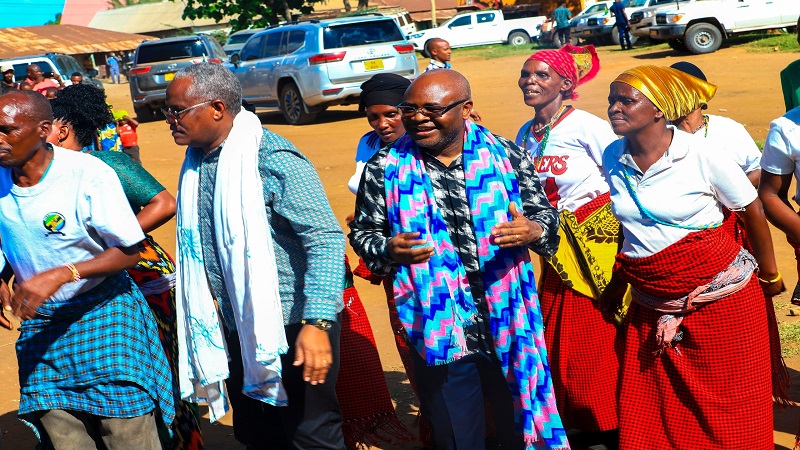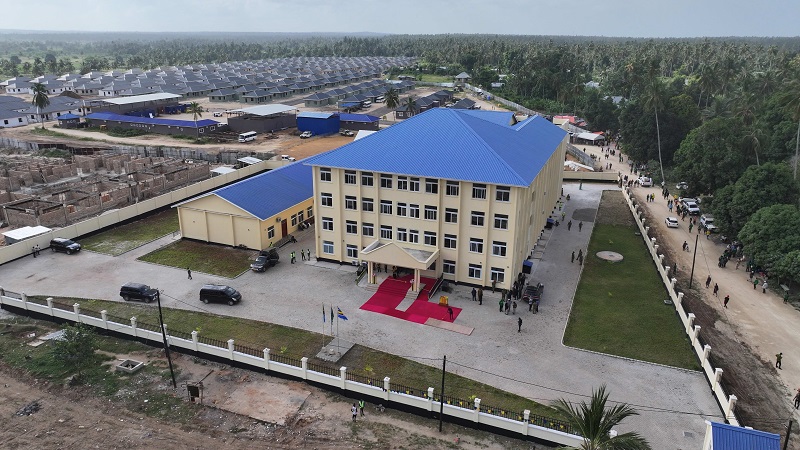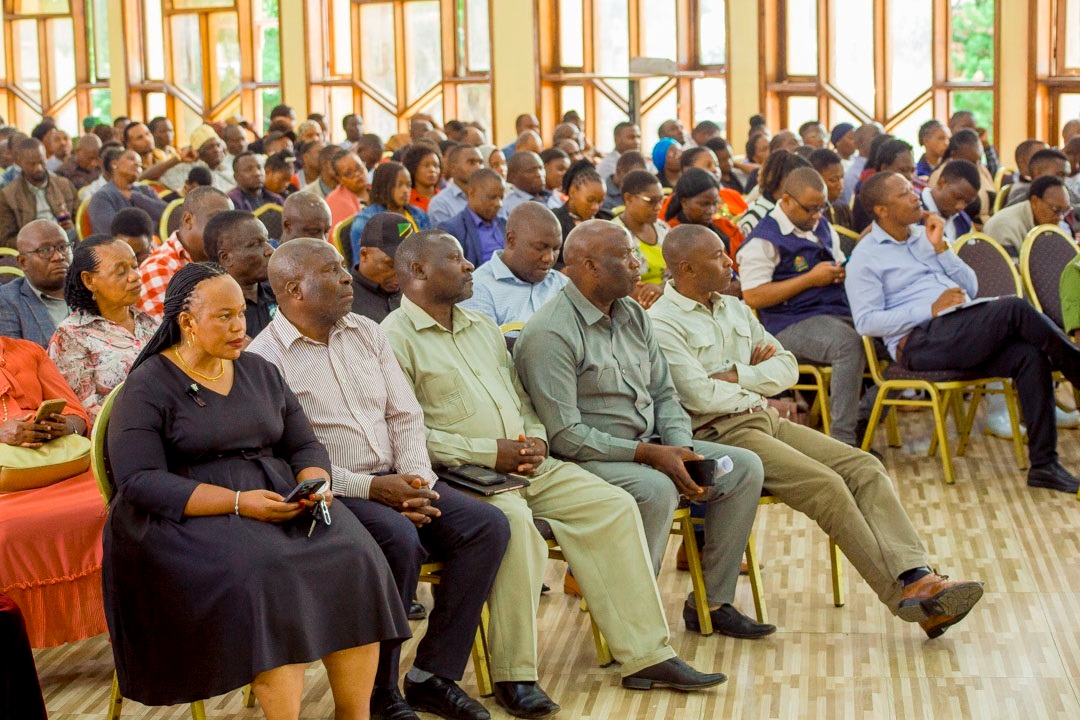Africa loses $4bn worth of soil nutrients annually
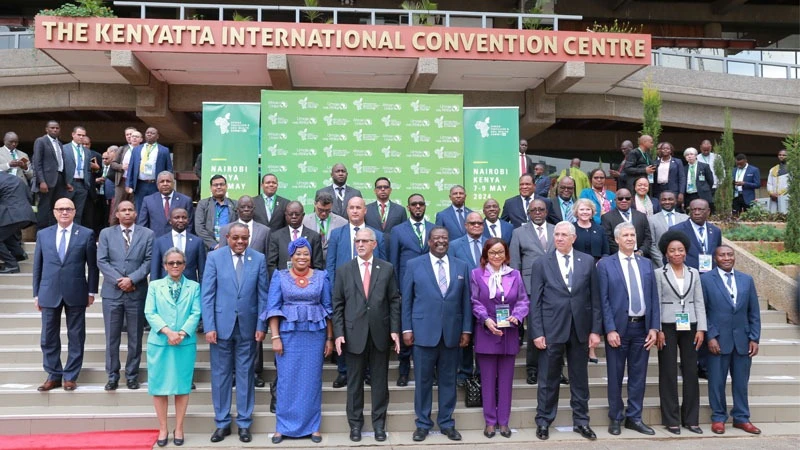
Africa is losing over US$4 billion worth of soil nutrients each year, severely risking its ability to feed its people, with nearly 282 million people (about 20 percent of the population) being undernourished, an increase of 57 million people since the COVID-19 pandemic began.
This was said yesterday during the opening of African Union’s Africa Fertilizer and Soil Health Summit (AFSH24), drawing together over 4,000 participants including 8 heads of state and government, 25 ministers of agriculture, 32 ministers of foreign affairs, government officials, scientists, representatives of civil society and partners.
Speaking during the opening ceremony, Josefa Leonel Correia Sacko, the Commissioner for Agriculture, Rural Development, Blue Economy, and Sustainable Environment at the African Union Commission (AUC), emphasized the need for collaborative action and innovative solutions.
She said, “Despite Africa’s soils being among the oldest globally, they have become the poorest in the world, losing over US$4 billion worth of soil nutrients each year and severely risking Africa’s ability to feed itself. Urgent action is needed now and this year’s Summit will define the next action for Africa.”
Kenya's Cabinet Secretary for Agriculture and Livestock Development (MoALD), Mithika Linturi expressed optimism that critical decisions will be arrived at during the summit, to drive an immediate transformation in Africa's soil health for the attainment of food security and economic growth.
He said, “Several AU member states are lagging in achieving the 50Kg/ha target of the Abuja Declaration. The AFSH Summit is the continent’s largest soil health forum and I believe it will set the pace to quickly reclaim Africa’s degraded soils.”
Co-organized by the African Union and the Government of Kenya, with support from various partners, the summit aims to foster crucial discussions on enhancing the value of land as a pivotal asset for farmers.
During the three days meeting, participants are engaging in dialogue to steer Africa's agricultural transformation, while setting the agenda for its future food systems, a key item in the 50-year development plan, Agenda 2063.
Notably, AFSH24 seeks to evaluate progress since the 2006 Abuja Declaration, which aimed to elevate fertilizer use for agricultural growth to a minimum of 50t/ha, a target that remains largely unmet, highlighting the urgency for innovative approaches to address the continent's deteriorating soil health and its related unsustainable expansion of croplands.
Fertilizer consumption (kilograms per hectare of arable land ranges from 0.03 in Sudan and 1.04 KG in Somalia to 542.47 in Seychelles and 542.57 in Arab Republic of Egypt, the highest figure recorded by an African country.
10 countries met or surpassed the 2006 Abuja declaration. These are: Morocco 55.29, Eswatini 57.77, Botswana 59.27, Kenya 60.66, Zambia 63.90, Malawi 96.74, South Africa 104.64, Mauritius 186.50, Seychelles 542.47 and Arab Republic of Egypt 542.57.
"Where fertilizer uptake has increased, the yield gains in relation to input efficiency remain unpredictable, especially in rainfed agriculture. Uganda’s current fertilizer use is at 2kgs/ha,” said Hon. Frank Tumwebaze, Minister of Agriculture, Animal Industry and Fisheries of the Republic of Uganda and Chair of the AU Specialized Technical Committee on Agriculture, Rural Development, Water and Environment.
This year's Summit is held under the theme “Listen to the Land” which seeks to evaluate the state of Africa’s soil health, while reviewing the progress made since previous commitments by African leaders to boost fertilizer use for agricultural growth in Africa.
Top Headlines
© 2025 IPPMEDIA.COM. ALL RIGHTS RESERVED











